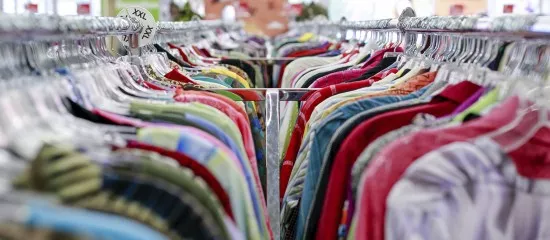The law of February 10, 2020, on the fight against waste and the circular economy had prohibited non-food products from being destroyed when they are unsold. This measure came into force on January 1st, 2022.
Thus, since that date, producers, importers, and distributors of new non-food products for sale are required to reuse, recycle, or donate them when they could not be sold. As such, they must give priority to donating necessities (namely hygiene and childcare products) to non-profit organizations fighting against precariousness and to social and solidarity economy organizations that have received the “solidarity enterprise of social utility” certificate.
Reminder: Donations in kind made by a company to a charity are eligible for an exemption from income tax or corporation tax up to 60% of the value of the donated products, up to a limit of €20,000 or 0.5% of the company’s turnover if the latter amount is more favourable. For the fraction of donations greater than €2 million, the tax reduction is 40% of the value of the donated products, within the limit of €20,000 or 0.5% of the company’s turnover if the latter amount is more favourable. The reduction is 60%, regardless of the amount of the donation, when it is granted to a non-profit organization providing free meals to people in difficulty, helping to promote the housing of people in difficulty or providing free care to people in difficulty.
In practice, the following are concerned by this obligation:
- electrical and electronic products.
- textiles (clothing, shoes, etc.)
- furniture.
- ink cartridges.
- hygiene and childcare products (soaps, shampoos, deodorants, toothpastes, etc.).
- equipment for preserving and cooking food.
- products of awakening and leisure.
- books and school supplies.
Attention: Failure to comply with this obligation is punishable by an administrative fine of up to €3,000 if the business is run by a natural person and €15,000 if a company runs it.
Unsold products whose recycling is prohibited because they pose a risk to the environment or human health or whose recycling would lead to a negative environmental impact are exempt from the ban and can therefore continue to be destroyed. The same applies when there is no re-use, or recycling solution for unsold goods.
Copyright : Les Echos Publishing 2022
Crédits photo : © 2013 Jennifer M. Ramos

